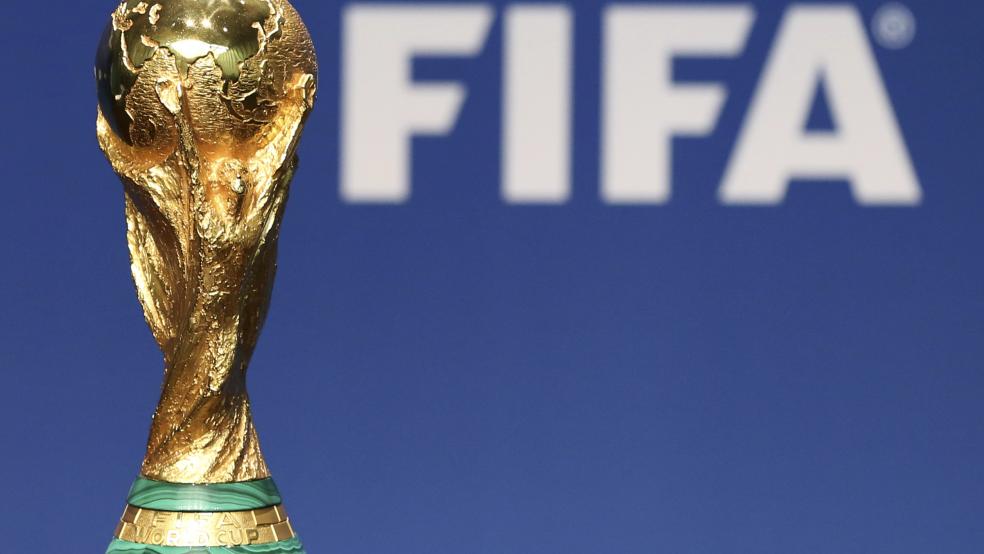What happened?
The questions about how Qatar won the rights to host the 2022 World Cup are getting louder. British newspaper The Daily Telegraph on Tuesday published new allegations of corruption and possible bribery involving former high-ranking officials at FIFA, soccer’s global governing body.
The 2018 and 2022 World Cups had widely been expected to go to England and the United States, respectively. Instead, in December 2010, a FIFA committee — shockingly — awarded those tournaments to Russia and Qatar. Initial accusations that bribery was involved were dismissed as Western snobbery, but as more and more evidence comes out, several national law enforcement agencies, including the FBI, are now getting involved. Qatari officials say that their bid “strictly adhered” to FIFA regulations.
Wait, this is about soccer...why should I care?
For starters, it’s the biggest, most watched sporting event in the world. These events will generate billions of dollars in revenue, and as World Cup 2014 draws closer (it starts this June, in Brazil) Americans’ interest in soccer has never been greater. Also, Russia and the Middle East are already political hotspots, but these sports and money questions will only add to the dangerous mix.
You mentioned bribery?
Yes, more and more people have come forward to say that they were offered bribes or favors in exchange for Qatar receiving their vote as host. Today’s Telegraph report alleged that former FIFA Vice President Jack Warner accepted almost $2 million from a firm linked to the Qatari bid. Four other officials have been accused of bribery. Qatari Mohammed bin Hammam, a former member of FIFA’s executive committee, withdrew his candidacy to replace the group’s current president Sepp Blatter (a scandal-ridden, largely disliked figure who holds the post with an iron fist) amidst allegations of bribery.
Related: Goal! NBC Scores Big With Soccer Gamble
Should Qatar have gotten the World Cup?
Even before the latest allegations and investigations, there were already several concerns about a Qatari World Cup. The tournament is held in the summer when most of the major soccer leagues are on break. Temperatures in Qatar during the summer can reach 125 F°. Solutions such as air conditioned stadiums or holding the final event in the winter (and thus requiring the leagues to re-arrange their schedule both for that year and the year around it) have been suggested, with no clear answer emerging. Additionally, as a Muslim country, sales of alcohol (a vital component for many soccer fans) will be restricted and severely controlled.
And if you disdained the Winter Olympics LGBT issues in Russia, don’t expect Qatar to be much more open to those with alternative sexual preferences. Also, Qatar’s refusal to acknowledge the State of Israel could present problems, though the board has stated that Israel will be “allowed” to participate should it qualify.
Then there's the whole "slavery" thing...
So is there a chance that the 2022 Cup might not happen?
Given the money and angry fan base that would result, it is extremely unlikely that the games would be canceled all together. The only time this has happened in recent past was the cancelling of the 1942 and 1946 games due to World War II. Blatter has admitted that should enough evidence be gathered, the bidding for 2022 could reopen. England and the U.S. remain most likely to take the games on short notice.
Are the 2018 games also in jeopardy?
Unlikely. Though there were also claims of foul play around Russia’s bid, most of those have been withdrawn. Russia isn’t without its problems, but it does have a rich and vibrant soccer culture and would not present the same logistical problems as Qatar. Only Russia’s political situation could affect the cup, and with 2018 getting closer, the host country is unlikely to change.
Top Reads from The Fiscal Times




